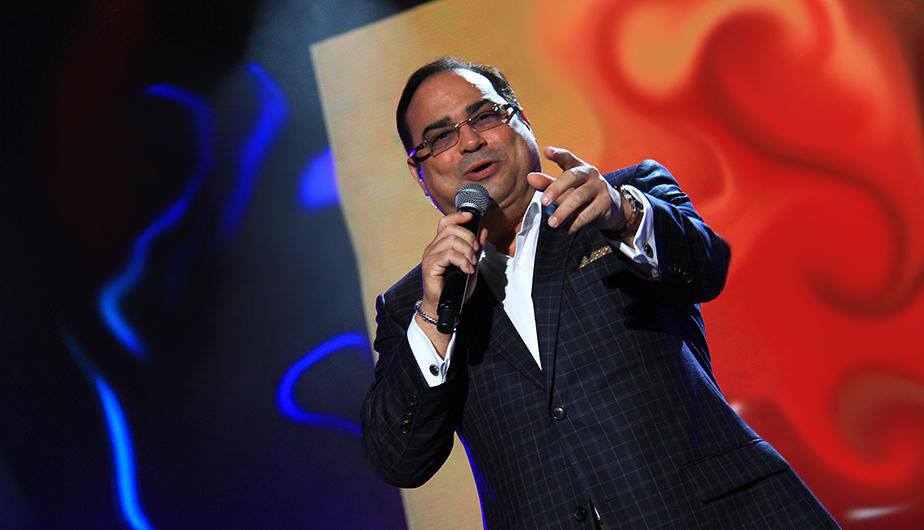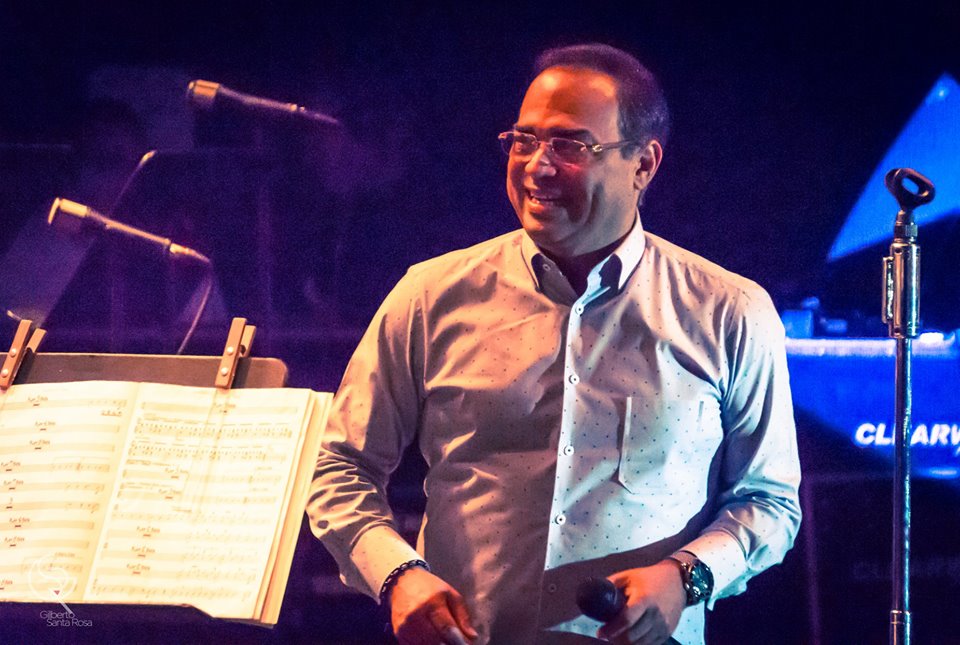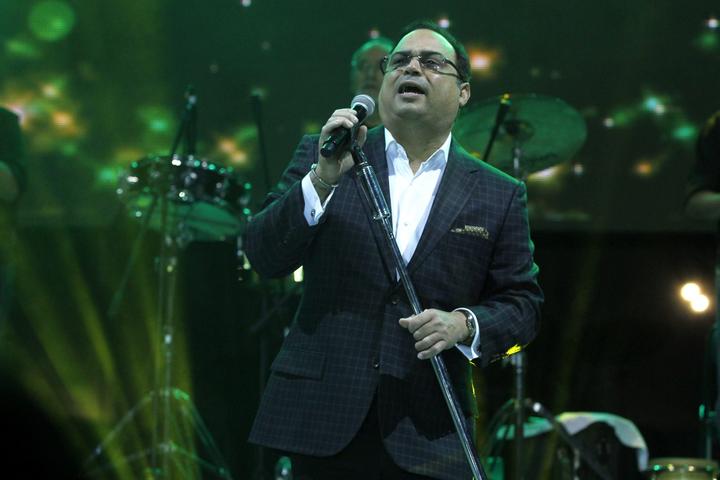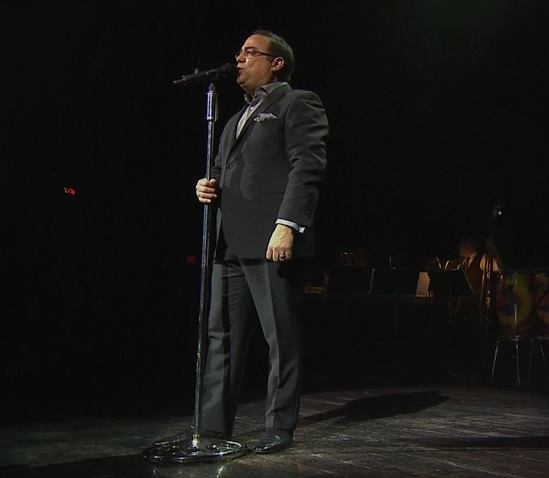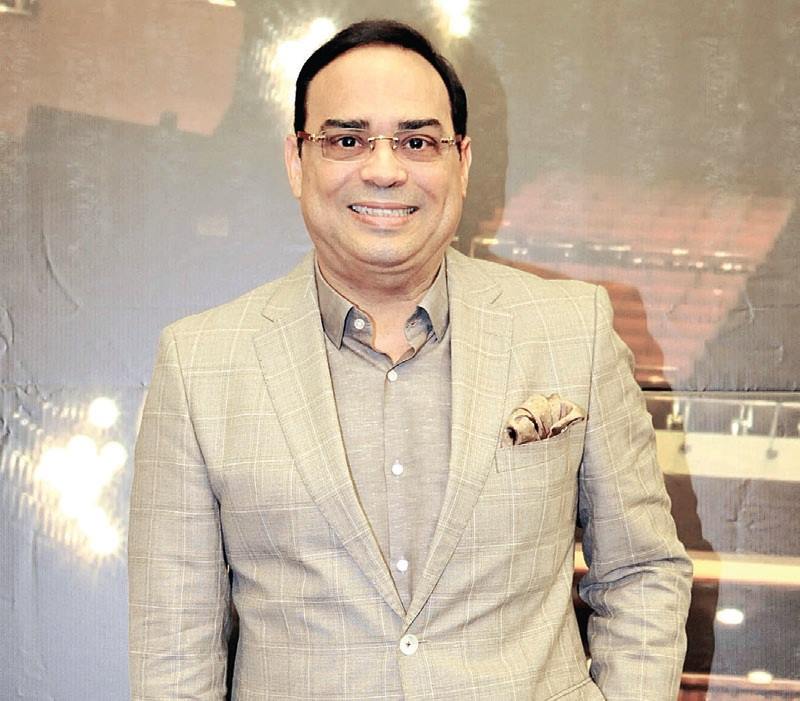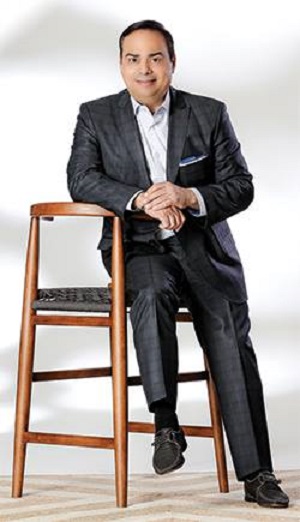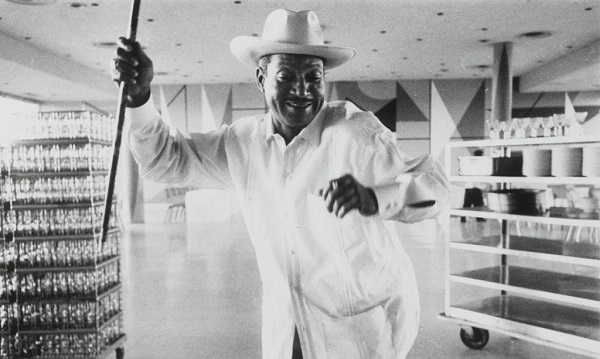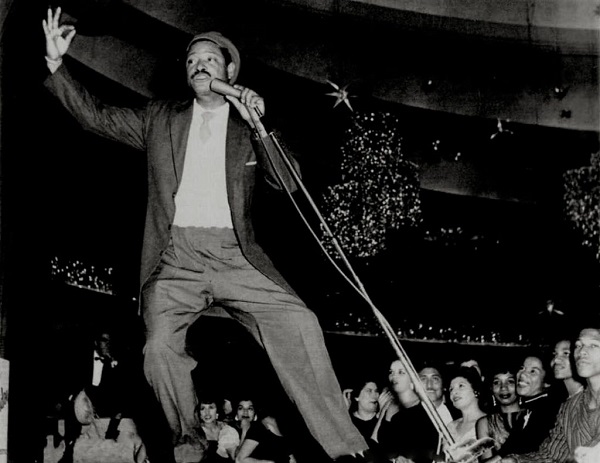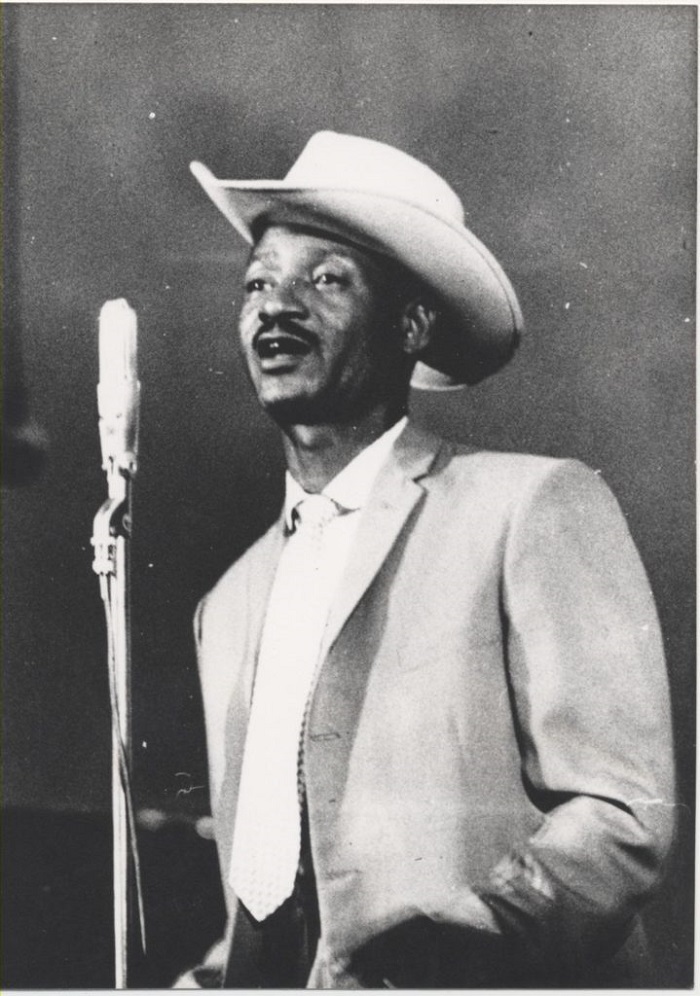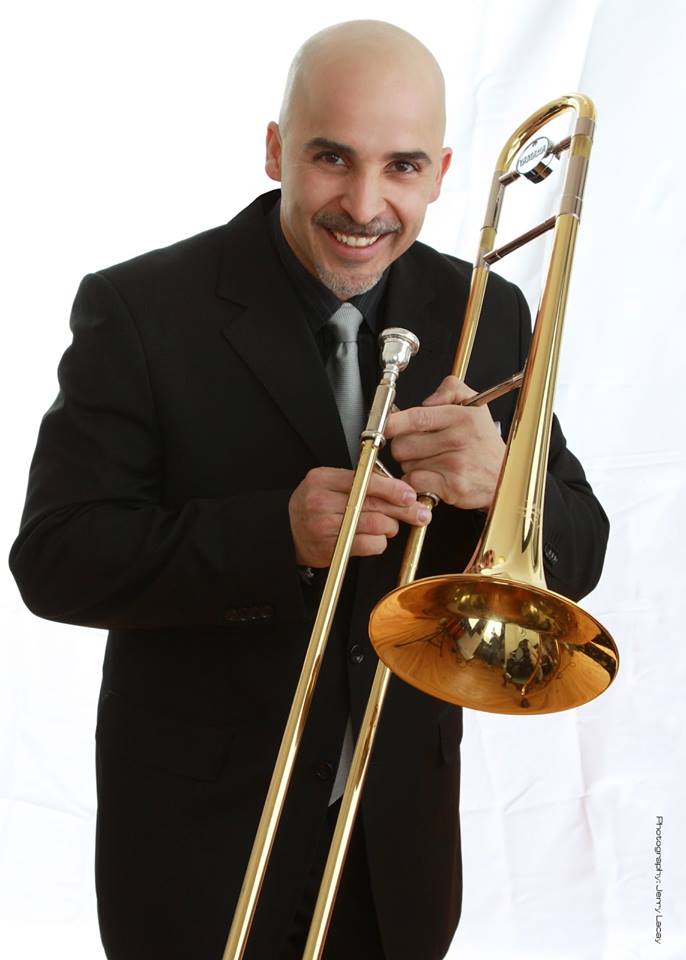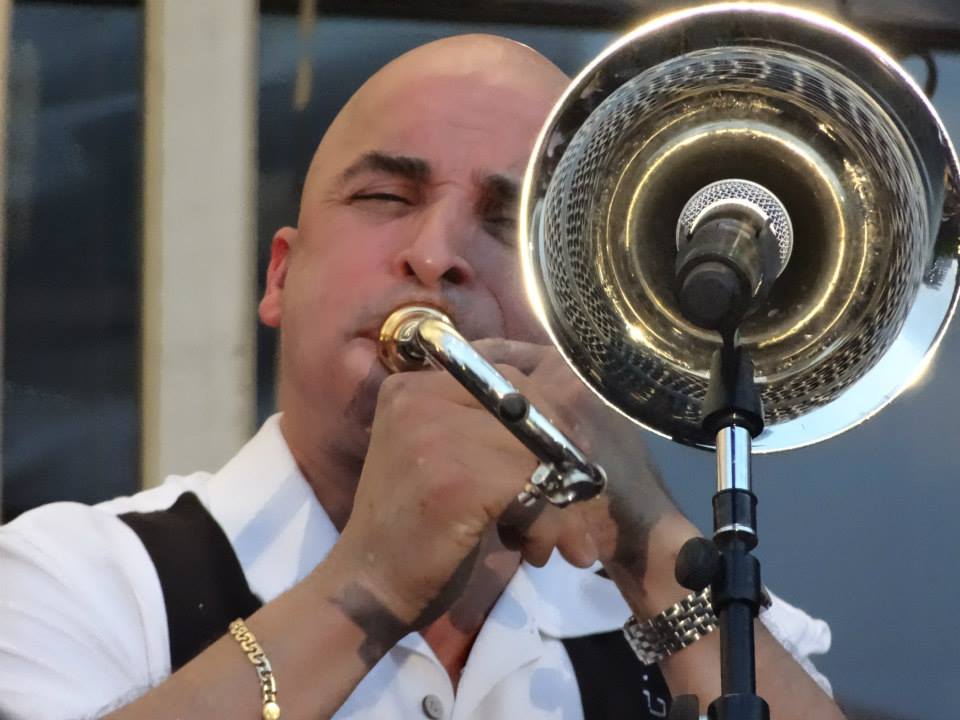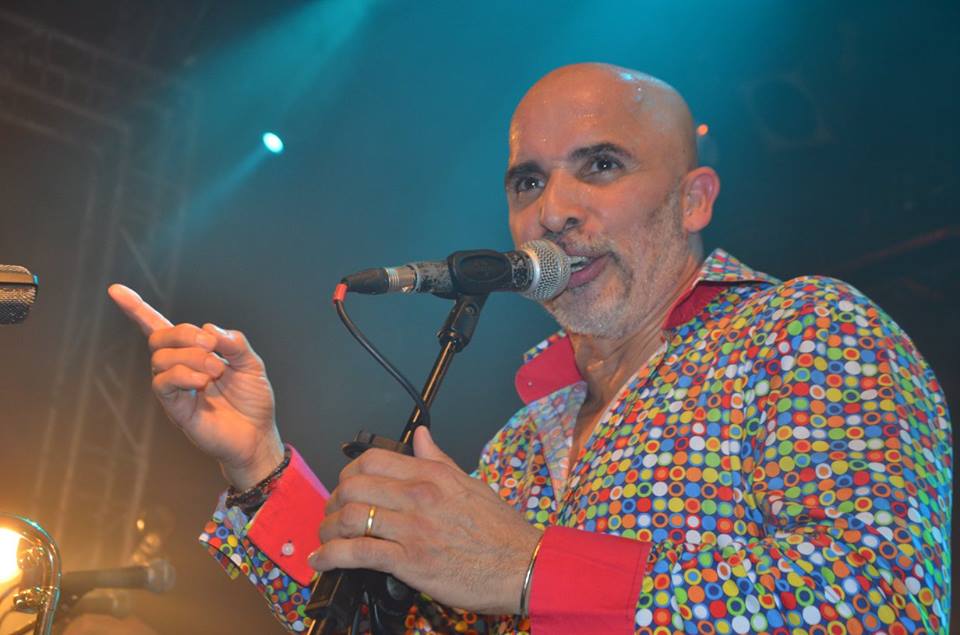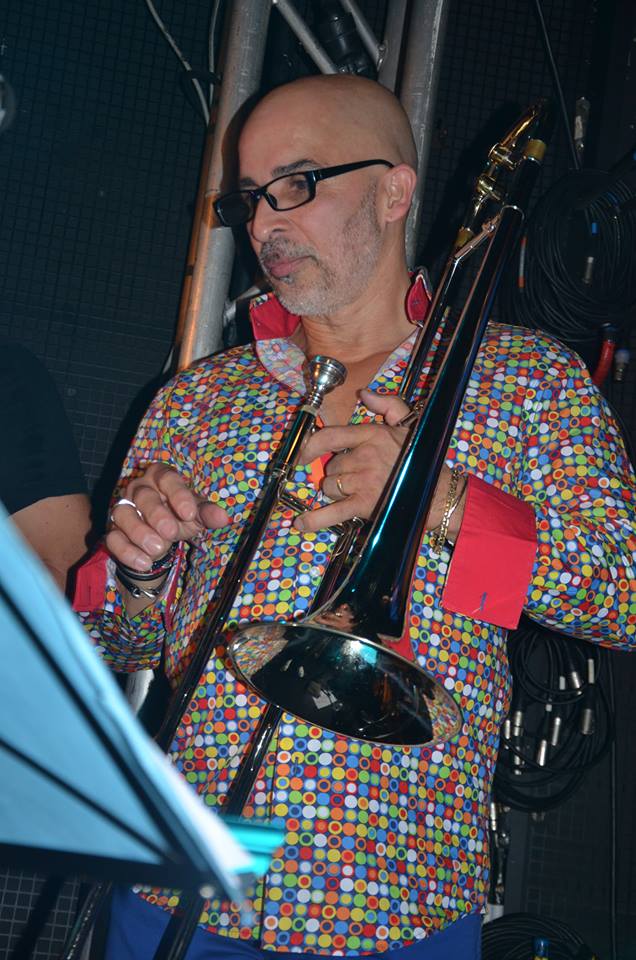North America / USA / Las Vegas
Charlie Aponte presents his best Salsa album. Partying with his first Latin Grammy 2018 nomination
Puerto Rican salsero Charlie Aponte has plenty of reasons to celebrate his first Latin GRAMMY nomination, with his second production
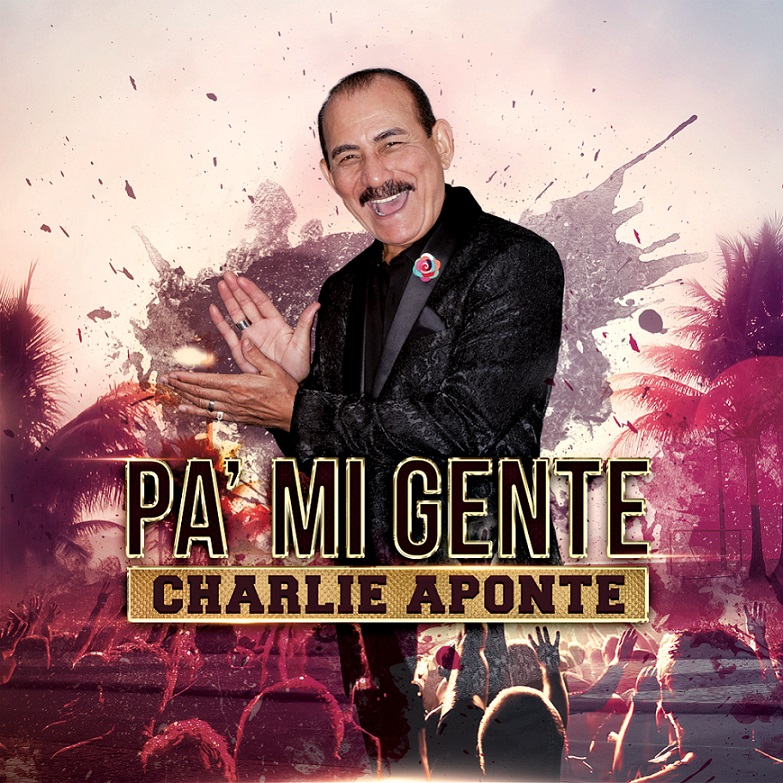
“Pa’ Mi Gente” which was recognized in the category of “Best Salsa Album” for the nineteenth installment of these prestigious awards that will be delivered on Thursday, November 15 in Las Vegas.
“Very grateful to the Recording Academy, especially its members, for this important support that is definitely one more step to continue reaping success” said the artist who is reaching his five years as a solo artist.
“Pa’ Mi Gente” achieved an important debut, reaching the top of the “record pools” lists, with its songs, “La Salsa se Hizo Pa’ Bailar” and “No se le Presta el Alma”, which have been the most listened to, likewise; “Nobody takes away what you dance”, which was the first promotional single and which contains a video on his official YouTube channel, by this artist who works independently with the Criollisimo Inc. label.
This album is made up of 11 songs, among them one of his own authorship under the guidance of the musical director on the album and all his presentations, maestro Sammy García, who together recorded this production in the MÁS Audio studio of the sound engineer and producer Angelo Torres.
Charlie Aponte, who will soon release his new music video “Besos de Azúcar”, continues with his artistic commitments, including New York, Medellín and various presentations in his native Puerto Rico, and to end the year he will be with the public of Colombia, in the “Heroic City” Cartagena.
Biography Charlie Aponte:
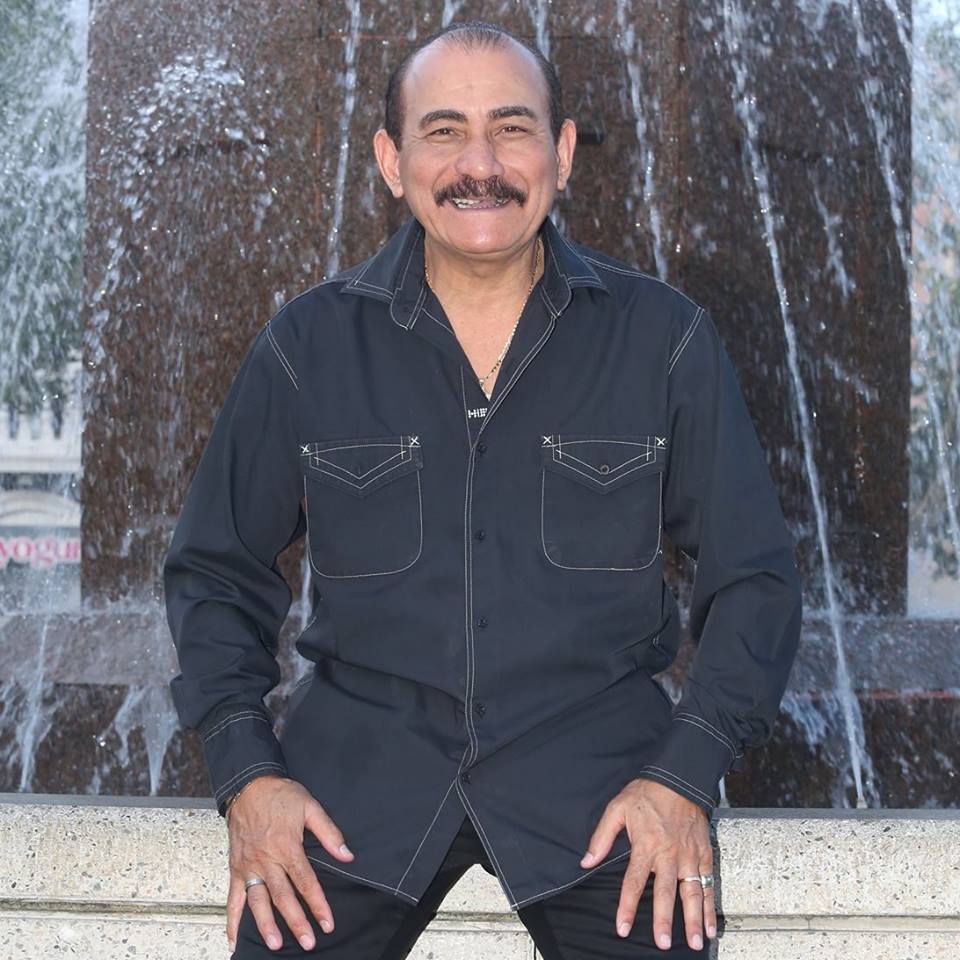
Charlie Aponte, one of the most beloved voices remembered by thousands of salseros around the world, returns to the stage as a soloist in 2015 after 41 years of belonging to the salsa university, “El Gran Combo de Puerto Rico” Now he’s back as a solo artist.
Born in Caguas, PR on February 2, 1951. It was in 1973 when, after the departure of Pellín Rodríguez, he joined the “Mulatos del Sabor”. Since then there have been many successes that have been proclaimed as successes through Charlie’s voice. He has contributed as a vocalist and displayed his capacity as a sonero in hits such as “Brujería”, “Amor Brutal”, “La Loma del Tamarindo”, “Compañera Mía”, “No hay cama pa’ tan tan Gente”, “Hojas Blancas”, “ Rice with Beans”. Among many others.
In 2014, together with the multi-award winning producer, Maestro Sergio George (Top Stop Music), he presented his new musical proposal “Una Nueva Historia”. This new proposal has the best and most recognized composers and arrangers. Presenting the song “Para Festejar” as his new single in promotion, and grateful for the public’s reception of his musical production, which was on the Billboard charts for 10 consecutive weeks, which catalogs it as an excellent piece of music.
He debuts as executive producer of his new proposal “Pa’ Mi Gente”, a production by the best musicians, arrangers, composers, available in all major stores and digital platforms. In this new project he has a bolero composed by the artist, among other surprises for the public that follows him.
Accustomed to leaving his soul in each of his performances, he assures that with this album he intends that his followers listen to him, dance and continue to appreciate the quality with which his music is made.
